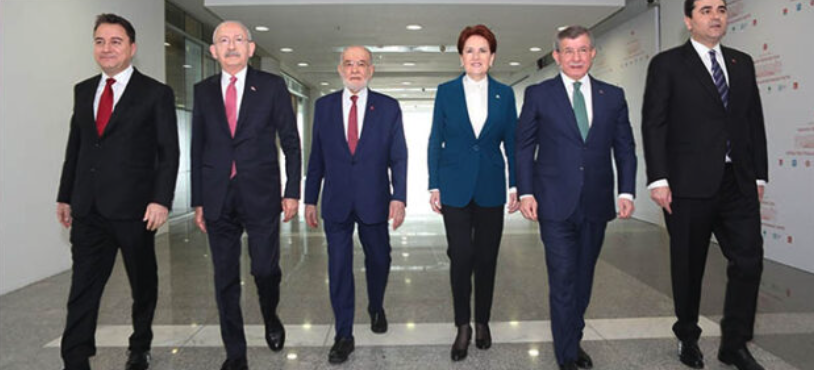Turkey’s recent elections have highlighted the country’s political divisions, the rise of the nationalist far right, and the ongoing struggle of the opposition to break Erdoğan’s hold on power according to economist and political scientist Ahmet İnsel, who emphasises the crucial role of unity and mobilisation within the opposition in shaping the future of Turkish democracy. By Medya News on May 21, 2023.
“Turkey stands at a crossroads, with the recent elections serving as a double referendum on the country’s political system and its architect, President Recep Tayyip Erdoğan,” warns Ahmet İnsel in a Jacobin article on Turkey’s elections published on Friday.

In a recent article for the US-based left-wing magazine Jacobin, Ahmet İnsel, a prominent Turkish economist, editor, journalist and political scientist, analysed the significance of Turkey’s presidential and parliamentary elections held on 14 May.
According to İnsel, the elections were seen as a dual referendum on the current political system and its architect, President Recep Tayyip Erdoğan.
He noted that voters expressed a “yes, but” sentiment towards Erdoğan, who has been in power for two decades. Although he was not re-elected in the first round, Erdoğan nevertheless outperformed his opponent Kemal Kılıçdaroğlu, securing 49.5 percent of the votes compared to Kılıçdaroğlu’s 44.9 percent, putting him in a favourable position for the second round.
İnsel pointed out that the People’s Alliance, comprising Erdoğan’s Justice and Development Party (AKP) and far-right nationalist and religious parties, had secured a parliamentary majority, indicating a shift towards the nationalist far right.
Regarding Erdoğan’s resilience in the midst of a severe economic crisis, İnsel stated, “The AKP’s networks of financial patronage likely shielded Erdoğan’s voters from the impact of the serious economic crisis.” He also highlighted the role of media control and extensive exposure in Erdoğan’s success.
İnsel further emphasised Erdoğan’s ability to address societal concerns and aspirations, stating that he represents an authoritarian figure capable of allaying fears related to national and religious identity, demands for recognition and equality from the Kurdish population, Alevis and women, as well as anxiety about the West.
Regarding the efforts of the opposition, İnsel explained that the Nation Alliance, which consists of six political parties representing diverse socio-political tendencies, aims to disrupt Erdoğan’s strategy of societal polarisation along ethnic, religious, and cultural lines.
İnsel also highlighted the impact of the left-wing pro-Kurdish Peoples’ Democratic Party (HDP)’s endorsement of Kılıçdaroğlu in the first round, describing it as an unprecedented “broad and diverse rally for democracy.”
He emphasised the challenge faced by the anti-Erdoğan alliance in demonstrating resilience as the second round approaches. According to İnsel, it will serve as a signal of the capacity of the “other Turkey” to continue organising and resisting Islamo-nationalist autocracy.
İnsel concludes that the outcome of the second round will not only determine the response to the economic crisis but also the level of trust and support from a significant portion of the Turkish population. He underscores the importance of unity and mobilisation within the opposition in shaping the future of Turkish democracy.

